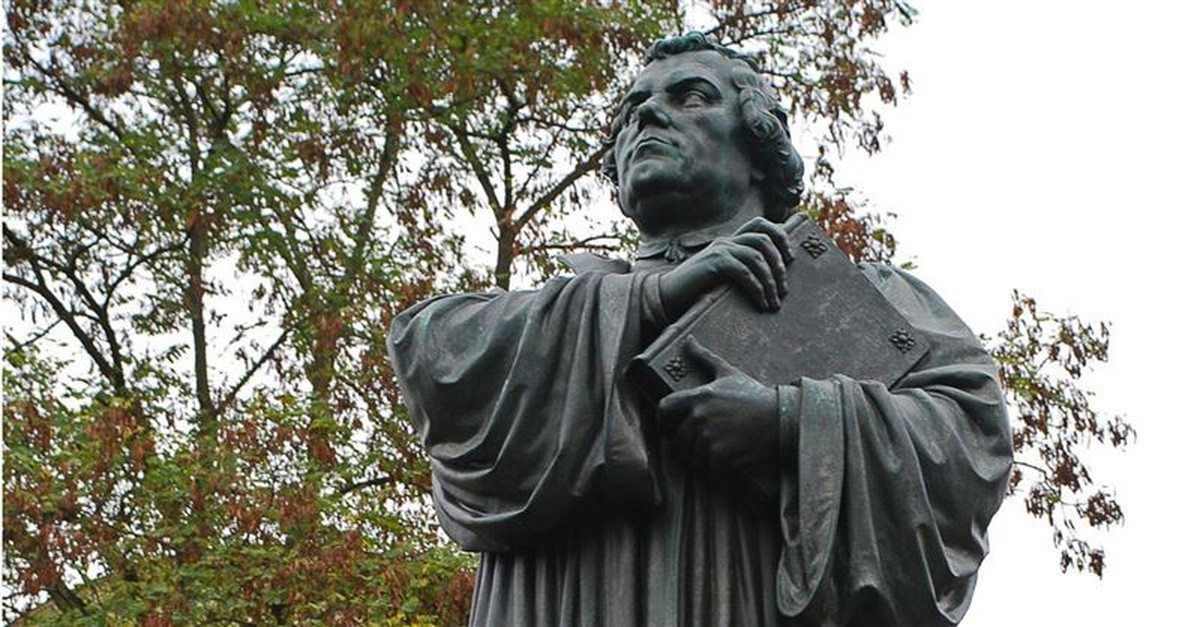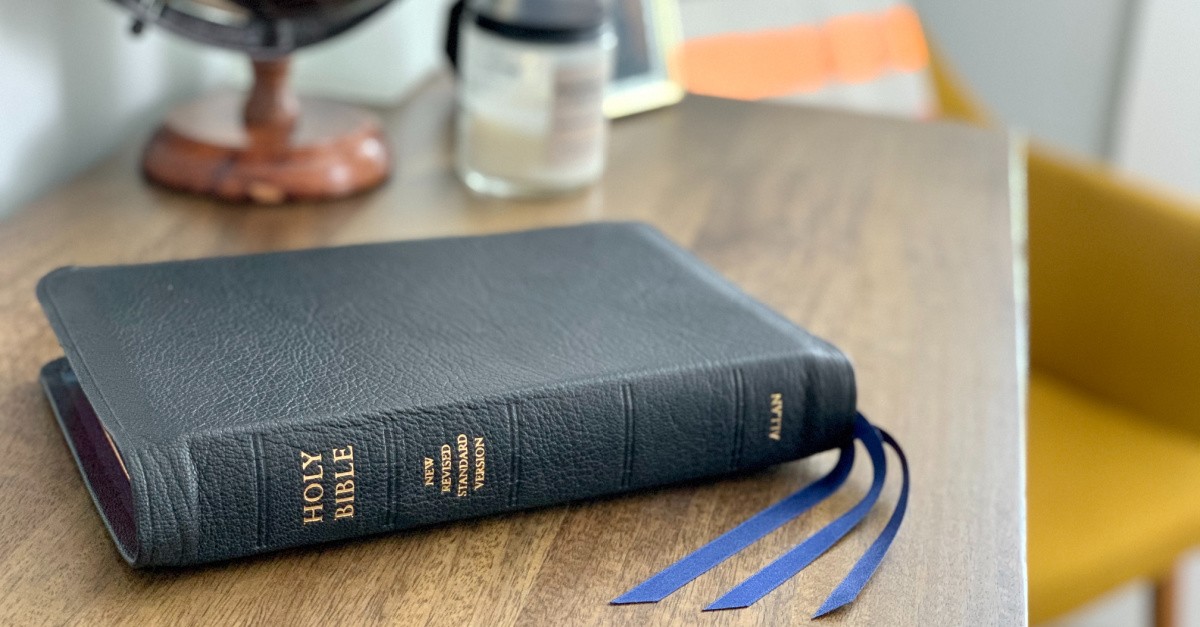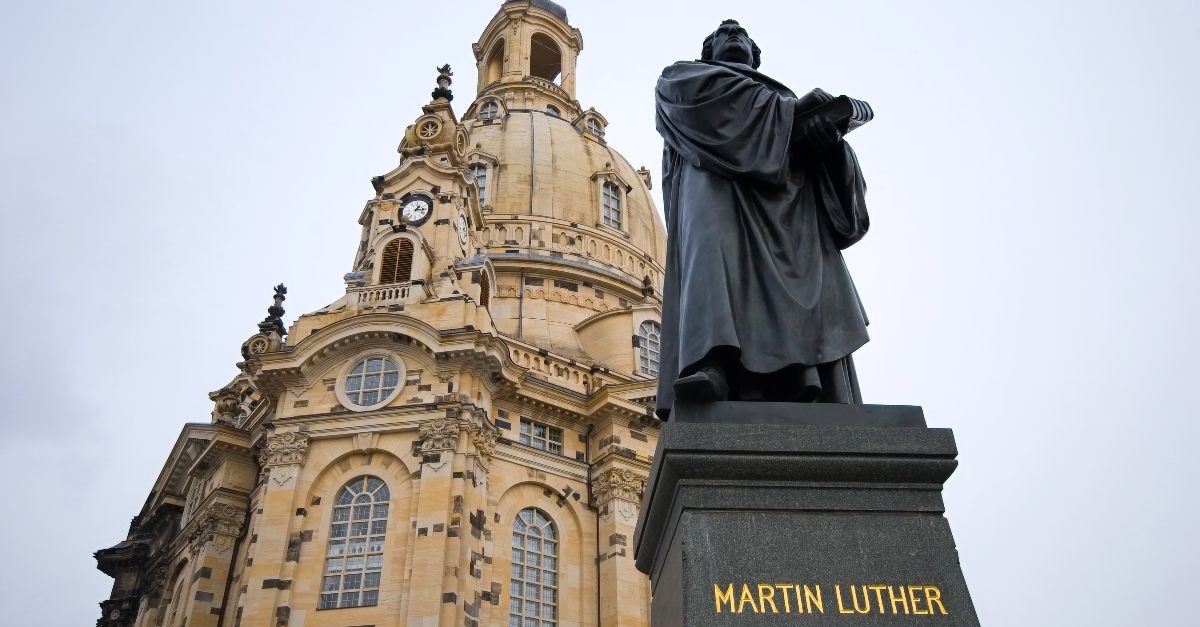
Halloween, which is celebrated on October 31, has become one of the most popular holidays in modern culture. Millions engage in festive activities such as dressing in costumes, carving pumpkins, and trick-or-treating every year. Homes and businesses transform with spooky decorations, and parties often center around the eerie, mysterious themes of the season. Over time, Halloween’s popularity has surged, with retailers dedicating entire sections to costumes, candy, and decor. The holiday’s commercial success continues to grow, driven by children’s enthusiasm and adults embracing the chance to be playful.
However, many remain unaware that October 31 is also Reformation Day, a significant event in Christian and world history. Despite its historical importance, Halloween's cultural prominence often overshadows Reformation Day. While some churches and Christian communities mark the day with special services or educational events, Reformation Day lacks the widespread recognition and celebration of Halloween. Commercial and secular interests have largely shaped modern celebrations in our current culture, leaving many unaware of the historical and religious significance of the same date.
Reformation Day has influenced Christianity, Western culture, and the world. Because of its significance, here are seven things you should know about Reformation Day.
Photo Credit: ©Getty Images/Drew Buzz

1. The History of Reformation Day
Reformation Day commemorates a pivotal moment in history, marking the beginning of the Protestant Reformation. The event occurred on October 31, 1517, when Martin Luther, a German monk and theologian, took a bold stand against the Catholic Church’s practices. He nailed his “Ninety-Five Theses” to the door of the Castle Church in Wittenberg, Germany, challenging religious corruption and Catholic traditions.
Luther’s theses criticized the Church’s sale of indulgences (payments made by individuals to reduce the punishment for sins). He argued that salvation could not be bought but was a gift from God, accessible through faith alone. His actions sparked widespread debate and led to questioning the Church’s authority. Luther's challenge quickly spread across Europe, fueled by the invention of the printing press, which allowed his ideas to reach a broad audience.
The Protestant Reformation followed and fundamentally changed the landscape of Christianity. It led to the formation of various Protestant denominations, such as Lutheranism and Calvinism, and reshaped religious, political, and cultural life in Europe. The Reformation also laid the groundwork for religious freedom and the idea that individuals could interpret the scriptures for themselves rather than rely solely on the Church’s teachings.
Reformation Day is celebrated primarily in Protestant regions as a day of remembrance for the courage of those who challenged the status quo and sought reform within the Christian faith.
Photo Credit: ©GettyImages/Aliaksandra Ivanova / EyeEm

2. Martin Luther’s 95 Theses
Martin Luther’s 95 Theses sparked a major turning point in Christian history. His central concern was the abuse of church power and the corruption within its practices. The indulgences were just one example of how the Church had veered from its spiritual foundations.
Luther questioned the authority of the pope and the Church hierarchy, challenging their control over people’s salvation. He argued the Church had no power to grant forgiveness of sins or release souls from purgatory, a power he believed belonged only to God. Luther also rejected the idea that salvation could be earned through good works or purchased. Instead, he emphasized salvation through faith, grace, and Christ alone.
Theologically, Luther based his challenge on the belief the Bible was the sole authority for Christian life and doctrine, while the Catholic Church taught popes could establish traditions and beliefs, even if they went against the Scripture. He argued the Church had strayed from biblical teachings and needed reform to return to the gospel’s true message. Luther’s theology emphasized a direct relationship between the individual believer and God, without the need for intermediaries like priests or popes.
The 95 Theses quickly spread throughout Europe, thanks to the printing press, which allowed Luther’s ideas to reach a wide audience. His bold stance sparked widespread debate, leading to the questioning of the Catholic Church's authority and the eventual split within Christianity.
Photo Credit: Getty Images/andrewsafonov

3. Foundational Protestant Beliefs
Reformation Day also commemorates the foundational beliefs that emerged from Protestantism, particularly the “Five Solas.”
The first of these, Sola Scriptura (Scripture Alone), asserts the Bible is the sole authoritative source for Christian faith and practice, emphasizing all teachings and traditions should align with Scripture.
Solus Christus (Christ Alone) focuses on Christ as the only mediator between God and humanity. “Christ alone” rejects the Catholic Church’s practice of venerating saints as mediators or relying on priestly intercession for salvation, insisting instead on the sufficiency of Christ’s sacrifice and person.
Sola Gratia (Grace Alone) establishes salvation as a gift from God, granted by his grace alone, not earned by human efforts or merits or money, specifically countering Catholic indulgences and penance.
Sola Fide (Faith Alone) proclaims that faith in Christ is the only means of being justified or made right before God. This belief directly challenged the idea good works or religious rituals could secure salvation.
Finally, Soli Deo Gloria (Glory to God Alone) underscores that all glory belongs to God, not to any leaders or human institution. This principle calls for a focus on God’s sovereignty and majesty in all aspects of life.
Together, these Five Solas form the foundation of Protestant belief, shaping the theological identity of Protestant churches and inspiring the continued pursuit of reform and renewal within Christianity.
Photo Credit: Thinkstock/BMG_Borusse

4. Reformation Day's Impact on Christianity
Reformation Day sparked a movement that transformed not only European religious life but also had a lasting impact on Christianity worldwide. The Protestant Reformation led to the formation of numerous Protestant denominations, each emphasizing different aspects of Christian doctrine and practice.
The Reformation’s influence spread quickly across Europe, leading to the establishment of churches that broke away from the Roman Catholic Church. Countries like Germany, Switzerland, England, and Scandinavia became centers of Protestant thought, each developing its unique traditions and theological emphases. The diversification of Christian practice laid the groundwork for the idea different interpretations of Christianity could coexist.
As European powers expanded their territories through colonization, they carried their religious beliefs with them, introducing Protestantism to the Americas, Africa, and Asia. This global spread of Protestantism led to the formation of new Christian communities that adapted the teachings of the Reformation to their cultural contexts, resulting in a rich diversity of Christian expression. Evangelicalism continued to develop based on Protestant theology and the Five Solas, spreading the Gospel and missions movements across the globe.
Today, the legacy of Reformation Day is evident in the vast number of Protestant and Evangelical denominations around the world, each rooted in the principles of the Reformation and continues to shape global Christianity profoundly.
Photo Credit: Unsplash/Adolfo Félix

5. How the Reformation Influenced Modern Society
The Protestant Reformation initiated a wave of change that transformed not only Christianity but also the social, political, and intellectual landscape of Europe and, eventually, the world.
Culturally, the Reformation encouraged the spread of literacy and education. With the emphasis on Sola Scriptura (Scripture Alone), the need for individuals to read the Bible in their language became paramount, promoting literacy among the general population. As a result, education expanded, fostering a more informed and engaged citizenry. Many historians note the impact of the Reformation on the subsequent Enlightenment period, where thinkers advocated for reason, individualism, and scientific inquiry.
Historically, the Reformation played a key role in the decline of the Catholic Church's political power in Europe. As Protestantism spread, it weakened the Church’s influence over European monarchies and led to the rise of nation-states asserting their sovereignty. The shift paved the way for the modern state system and contributed to the development of modern democracy by promoting the idea of individual rights and freedoms, particularly in matters of conscience and belief.
As with many cultural and historical changes, violent conflicts occurred, especially as the Catholic Church continued to fight for power. The Reformation sparked religious wars, such as the Thirty Years’ War, which reshaped Europe’s political boundaries and religious affiliations. Over time, however, it also led to greater religious tolerance and freedom.
Photo Credit: Tim Wildsmith/Unsplash

6. Increased Accessibility of the Bible
Reformation Day symbolizes a turning point in the history of the Bible, marking the beginning of a movement that greatly expanded the availability of Scripture through translations common languages. Before the Reformation, the Bible was primarily available in Latin, a language understood only by the educated elite, particularly the clergy. Such limited access meant most ordinary people could not read the Bible for themselves and relied entirely on the Church for interpretation.
The Protestant Reformation emphasized the principle of Sola Scriptura. To make this a reality, reformers like Luther believed everyone should have direct access to the Scriptures in their native language. Luther himself translated the New Testament into German in 1522, making it accessible to ordinary Germans for the first time. His work inspired others across Europe to translate the Bible into their own languages, such as William Tyndale’s English translation and translations into French, Spanish, Dutch, and other languages.
Along with the revolutionary development of the printing press, these vernacular Bibles empowered people to challenge Church teachings and think critically about religious authority. Therefore, Reformation Day marks a critical shift toward the democratization of religious knowledge, empowering individuals through access to the Bible and shaping the course of Christianity for centuries to come.
Photo Credit:©GettyImages/AndreyPopov

7. Modern Reformation Day Celebrations
Observed primarily on October 31st, particularly in regions with strong Protestant traditions, Reformation Day celebrations serve as a time to remember the courage of reformers like Martin Luther and the enduring impact of their work on Christianity.
In many Lutheran and Reformed churches, Reformation Day is marked with special worship services that focus on the themes of reform, renewal, and the foundational principles of the Reformation, such as Sola Scriptura (Scripture Alone) and Sola Fide (Faith Alone). Congregations often sing hymns written by reformers like Luther, with “A Mighty Fortress Is Our God” being a particularly popular choice. Sermons typically emphasize the importance of returning to the Bible’s core teachings and to reflect on the ongoing need for spiritual renewal.
Educational events are also common, with churches or Christian schools hosting lectures, discussions, and workshops on the Reformation’s history and theology. These events aim to deepen understanding of the Reformation’s impact and its relevance in today’s world.
In some communities, Reformation Day is celebrated with more public activities, such as parades, reenactments of key events from the Reformation, and festivals including food, music, and historical costumes. These celebrations often involve a broader audience, including those interested in the cultural, political, and historical aspects of the Reformation.
Photo Credit: ©iStock/Getty Images Plus/SebastianHamm
Originally published Friday, 27 September 2024.
